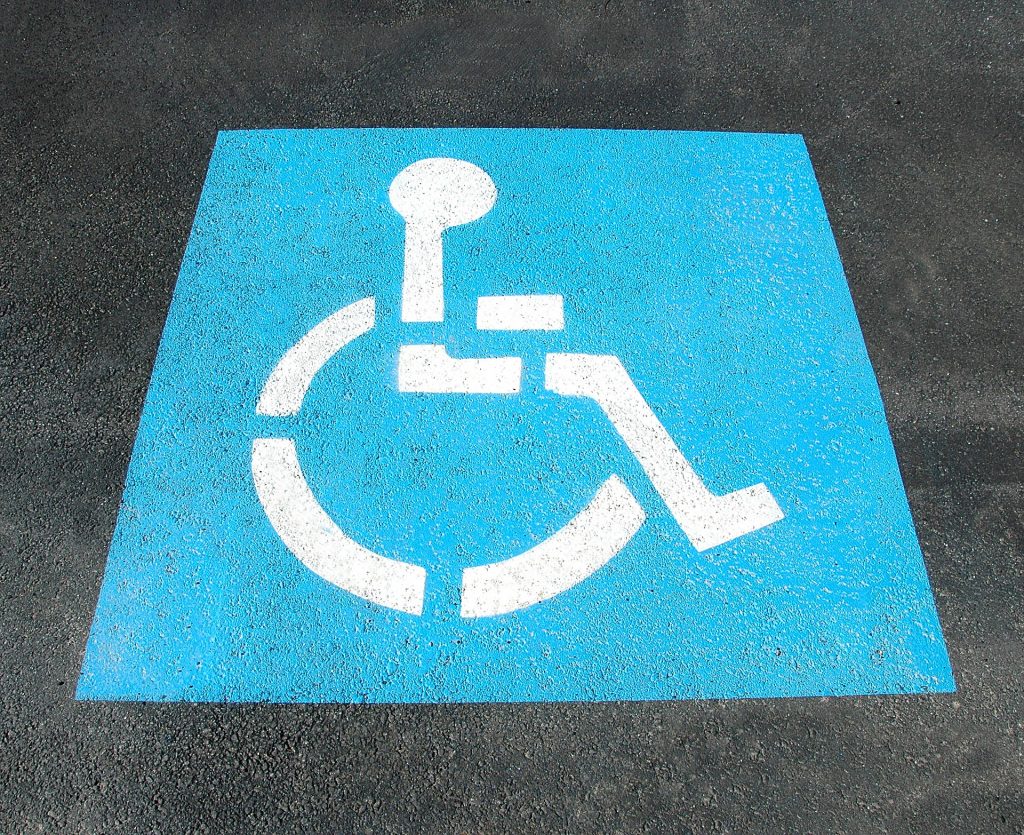
I think an employer didn’t give me a job because of my disability?
According to the Americans with Disabilities Act (ADA), employers cannot discriminate against job applicants with disabilities, with the law protecting them both during the application and hiring process. While you won’t get every job you apply for, you may have reason to believe that you weren’t given the job due to your disability. Call the employer and ask for feedback on your interview process so that you can more adequately prepare for your next job opportunity. If he or she is hesitant to discuss any specifics, you may file a complaint with the Equal Employment Opportunity Commission (EEOC), and they will investigate the matter further.
My workplace isn’t accessible?
All workplaces with at least 15 employees must comply with the guidelines set forth by the ADA, which sets requirements for workplace accessibility. For example, it states that ramps and elevators must be provided to employees who use a wheelchair, and sets minimum widths for doorways as well as the number of required handicapped parking spaces. If you feel that you are not given equal access to all aspects of your workplace, you can file a complaint with the ADA or EEOC. However, you should raise your concerns to your employer first, as many are more than willing to help you in whatever way they can.
Keep in mind that each state has their own anti-discrimination laws, so the 15-employee minimum could be lower or non-existent, depending on where you live. However, regardless of the size of your place of business, there are grants and credits that can be used to make disability accommodations, helping small businesses help their employees too. Research has found that over half of accommodations cost nothing, but if your employer is still in need of funds, consider turning to your state for assistance, and look into the possibility of renting or leasing equipment.
I make too much to continue to receive SSI, but not enough to live without SSI?
As set forth by the Social Security Administration (SSA), you are not eligible for SSI benefits if you make more than the Substantial Gainful Activity (SGA) limit. The SGA is any work, both mentally and physically, you engage in regardless of your disability. If you are working in 2017 and make more than $1,170 a month, you won’t be considered disabled. The following counts toward your income limit: wages, self-employment earnings, pensions, unemployment benefits, interest income, disability and Social Security benefits, and monetary gifts. Fortunately, the SSA allows for the creation of special trusts to lower the assets/income counted against you.
If you filed for SSI and were denied, the first step is to appeal it, as over 50 percent of applicants who appeal go on to receive benefits. Consider hiring a Social Security disability attorney to help your case. While this might sound pricey, this type of lawyer works on a contingency basis, and receives a portion of your back pay. No benefits equals no expense.
Should you choose to disclose your disability, use this helpful guide for tips on how to speak with your potential employer about your disability.